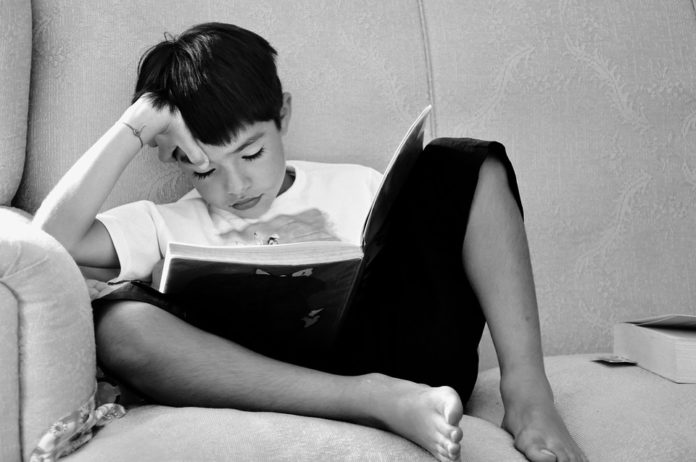New Delhi (NVI): Children are at the risk of becoming short-sighted unless they spend two hours daily outside and abstain from prolonged interaction with screens and homework books, according to a study.
The new epidemic of myopia in youngsters is because of the amount of time they spend glued to television screens, computers and even books.
Scientists have also said that there will be a rise in the number of people who have chances of becoming blind in later life because of having developed short-sightedness at a young age and having an increased risk of eye problem when they get older.
Myopia, as it is medically termed, is a vision condition in which people can see close objects clearly, but objects farther away appear blurred. People with myopia can have difficulty in clearly seeing a movie or TV screen, a whiteboard in school or while driving.
Myopia occurs if the eyeball is too long or the cornea (the clear front cover of the eye) is too curved. As a result, the light entering the eye isn’t focused correctly, and distant objects look blurred.
According to the study, conducted by Clare Quigley, an opthalmologist at Galway University Hospital, involving the lifestyles and health of 8,568 nine-year-olds, a strong connection emerged between the condition of eye problem with a sedentary lifestyle.
Quigley said that the factors that appear consistently in development of myopia are education and the amount of time spent indoors.
An Australian review paper also found that children who spent time outdoors were clearly at a comparatively lower risk of visual impairment. In another review paper by the University of Cambridge it was found that children with myopia spent only about 3 hours per week outside the home or school. Meanwhile, a study in Taiwan has shown that spending 80 minutes daily outside the home helps keep your eyes healthy.
Therefore, children are encouraged to go outdoors and play and spend more time in the natural light.








